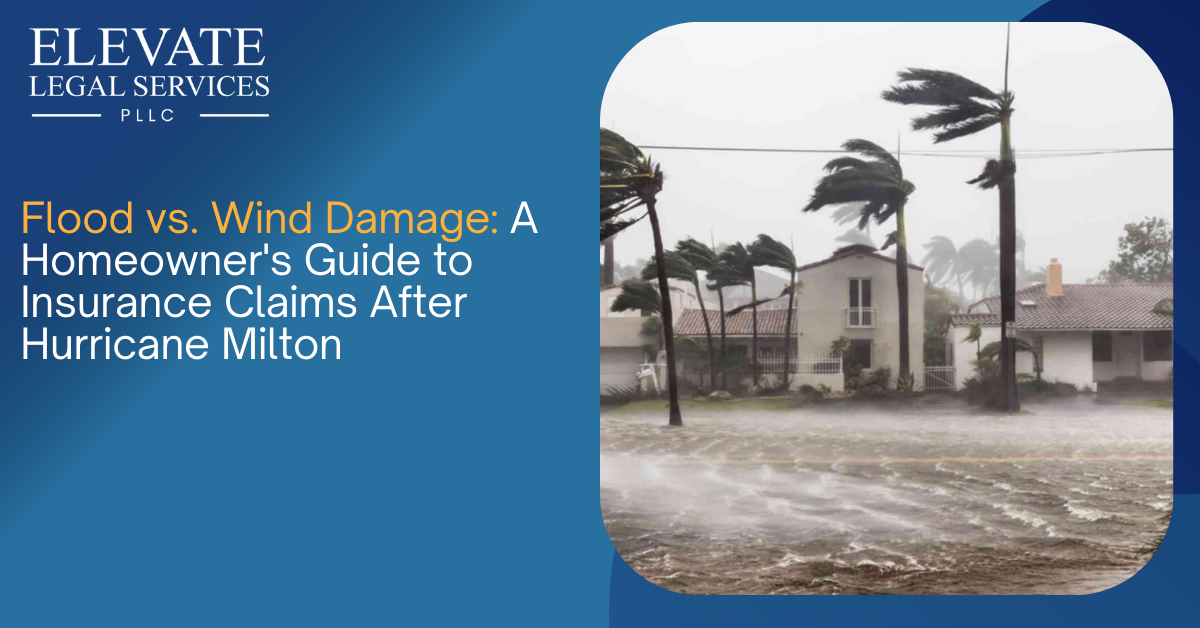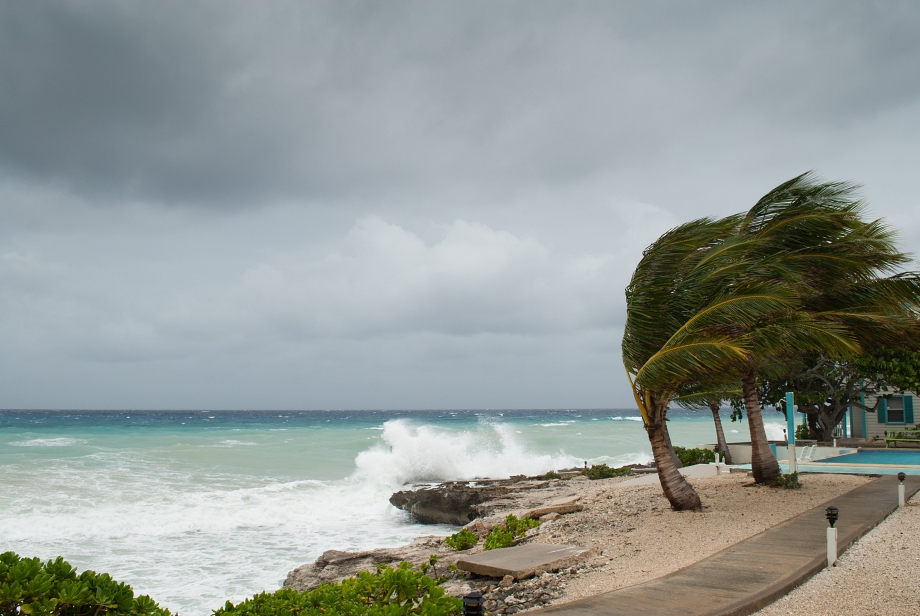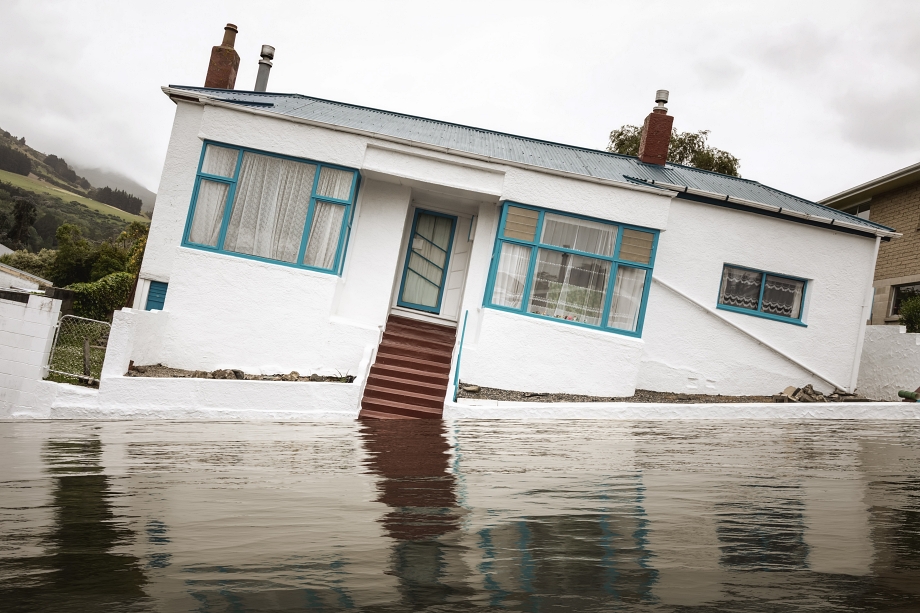
Hurricane Milton has left a significant impact on many homes, causing both flood and wind damage. Understanding the difference between these two types of damage is crucial when filing an insurance claim, as different policies often apply. Here’s what homeowners need to know to navigate the insurance claims process effectively. At Elevate Legal Services, PLLC, we specialize in helping clients with hurricane and flood damage claims under the National Flood Insurance Program (NFIP). Here’s our flood vs. wind damage: a homeowner’s guide on what you need to know to ensure you’re ready for Hurricane Milton and how to protect your interests if you need to file a claim. Contact us today at 561-770-3335 or email [email protected] for expert assistance with your flood insurance claim.

What is Wind Damage?
Wind damage occurs when strong winds from hurricanes or tornadoes damage your property. Common examples include:
- Roof Damage: Shingles blown off or entire sections of the roof torn apart.
- Broken Windows and Doors: Flying debris or strong winds can shatter windows or knock doors off their hinges.
- Structural Damage: Wind gusts or falling trees can damage walls, fences, and other structures.
Wind damage is typically covered under standard homeowners’ insurance policies. This means that repairs for roof damage, broken windows, and other structural issues caused by wind should be included in your insurance claim. However, keep in mind that most policies have a hurricane deductible, which is often higher than the standard deductible.
What is Flood Damage?
Flood damage is caused by rising water from heavy rains, storm surges, or overflowing rivers, events often associated with hurricanes like Milton. Examples of flood damage include:
- Water Infiltration: Water enters your home from ground level, flooding basements and lower floors.
- Damage to Flooring and Walls: Flooding can warp floors, soak drywall, and ruin carpets.
- Mold and Mildew: Prolonged exposure to water can lead to mold growth, posing health risks and increasing repair costs.
Unlike wind damage, flood damage is not covered by standard homeowners’ insurance policies. It is generally covered by a separate flood insurance policy, such as one provided by the National Flood Insurance Program (NFIP). If you do not have flood insurance, you may need to explore other options, such as federal disaster assistance.
Why Read Flood vs. Wind Damage: A Homeowner’s Guide Blog Is Important
When filing a claim after Hurricane Milton, it is essential to distinguish between flood and wind damage, as each type is covered by different policies. Insurance companies may attempt to categorize damage as flooding, which is not covered by standard policies, even if wind plays a role. For example, if wind tears off your roof and rainwater enters your home, the cause could be debated as both wind and flood-related.
 Tips for Filing Your Claim
Tips for Filing Your Claim
1. Document Everything
After the storm, take photos and videos of all damage, and clearly note whether it’s flood or wind-related. Thorough documentation will strengthen your claim.
2. Review Your Policies
Ensure you fully understand what your homeowners’ insurance and flood insurance policies cover. If you’re uncertain, consult with an insurance professional or attorney.
3. File Separate Claims
If your property has both wind and flood damage, you may need to file separate claims under each policy. Make sure to meet the specific deadlines for each type of claim.
4. Consult an Attorney
If your insurance company is delaying or denying your claim, or if you’re unsure how to file, consulting with an attorney can help ensure you get the compensation you deserve.
How Elevate Legal Services, PLLC, Can Help
At Elevate Legal Services, PLLC, we understand the complexities of filing insurance claims after a hurricane like Milton. Our experienced team can help you navigate the differences between wind and flood damage, ensuring that your claims are filed correctly and that you receive the maximum compensation allowed under your policies.
We work on a contingency basis, meaning you don’t pay unless we recover compensation for you. Contact us today for a free consultation at 561-770-3335 or email [email protected]to discuss your insurance claim.





